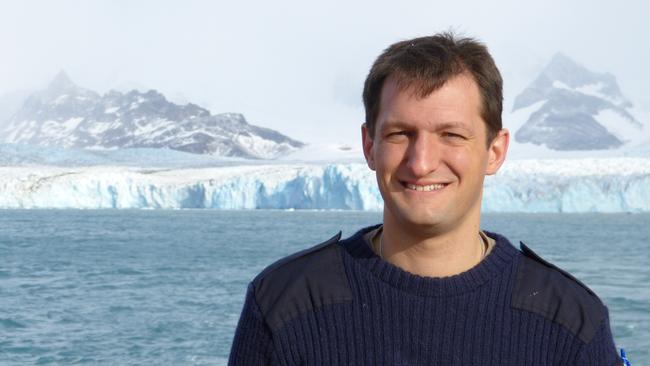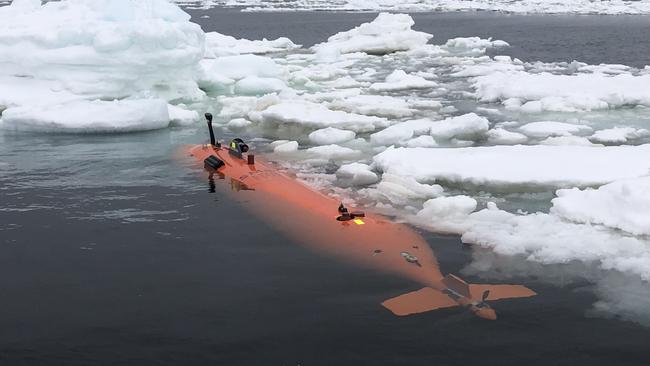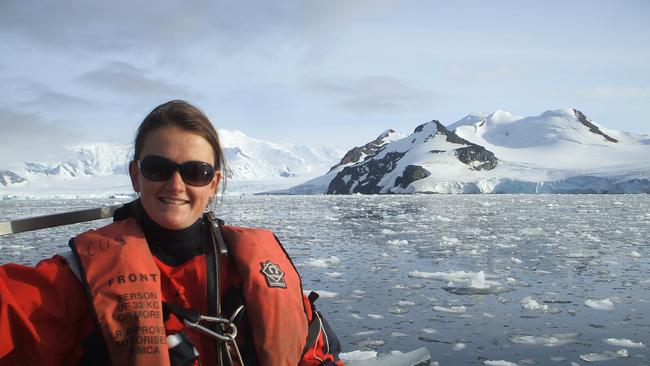‘Time is now’: Scientist urge governments to fund Southern Ocean and Antarctica research to stop climate changes
Over 300 leading scientists from across the world travelled to Hobart to discuss the challenges our Southern Ocean faces.

News
Don't miss out on the headlines from News. Followed categories will be added to My News.
Leading scientists across the globe are sounding the alarm as Earth’s crucial oceanic system faces a funding shortfall while the rapid changes of the Southern Ocean and Antarctica continue to be under researched.
Over 300 scientists from across the world travelled to Hobart to discuss the Southern Ocean at the Southern Ocean Observing System (SOOS) symposium.
Their main concern was an under researched question of the interaction between Antarctica’s ice sheet and the Southern Ocean.
“When we talk about global warming, we’re really talking about ocean warming and 90 per cent of all of that extra heat that humans have generated since the industrial revolution has all gone into the ocean,” SOOS committee member and British Antarctic Survey polar oceans program deputy science leader Dr Andrew Meijers said.
“The Southern Ocean is where almost all of that heat is going in. It also absorbs 40 per cent of all the global carbon dioxide that ends up in the ocean.

The Southern Ocean also controls the melt of the Antarctic ice sheet which Dr Meijers said was “the single biggest uncertainty we have in future sea level rise”.
“The problem is we really don’t observe it well enough to both understand how it’s changing the processes that drive the change, and where it’s going into the future,” he said.
“The technologies that we need to do this sort of work do exist, they are expensive and they’re hard to deploy. But for the price Southern Ocean is basically absorbing $60b AUD worth of carbon every year and we don’t know how that’s changing.

“We will never have enough ships down there to actually make these observations. But there has been a huge explosion in autonomous technology, robotic floats, gliders that fly underwater or sit on the surface, but they are expensive and they’re difficult to deploy and retrieve and because they are these continuous measurements. They are difficult to get funded because they are not the sexy ‘we’re going to produce a very exciting paper’- these produce the baseline that everyone else bases their work on.”
SOOS co-chair and polar ocean scientist Dr Sian Henley said the record low sea ice extent during summer and the severe losses of sea ice during winter are posing a “serious threat” to Southern Ocean ecosystems.
“With the massive declines and sea ice that we’re seeing in recent years, that includes all species from Antarctic quill to iconic species like the emperor penguin,” she said.
“It’s a race between the science and the changes that are occurring that science is seeking to measure.
“It’s a warning about the way our world is changing and those changes are in our hands. The problems have been caused by us but the solutions can also be driven by us if we make the right decisions at the right time and that time is now.”




